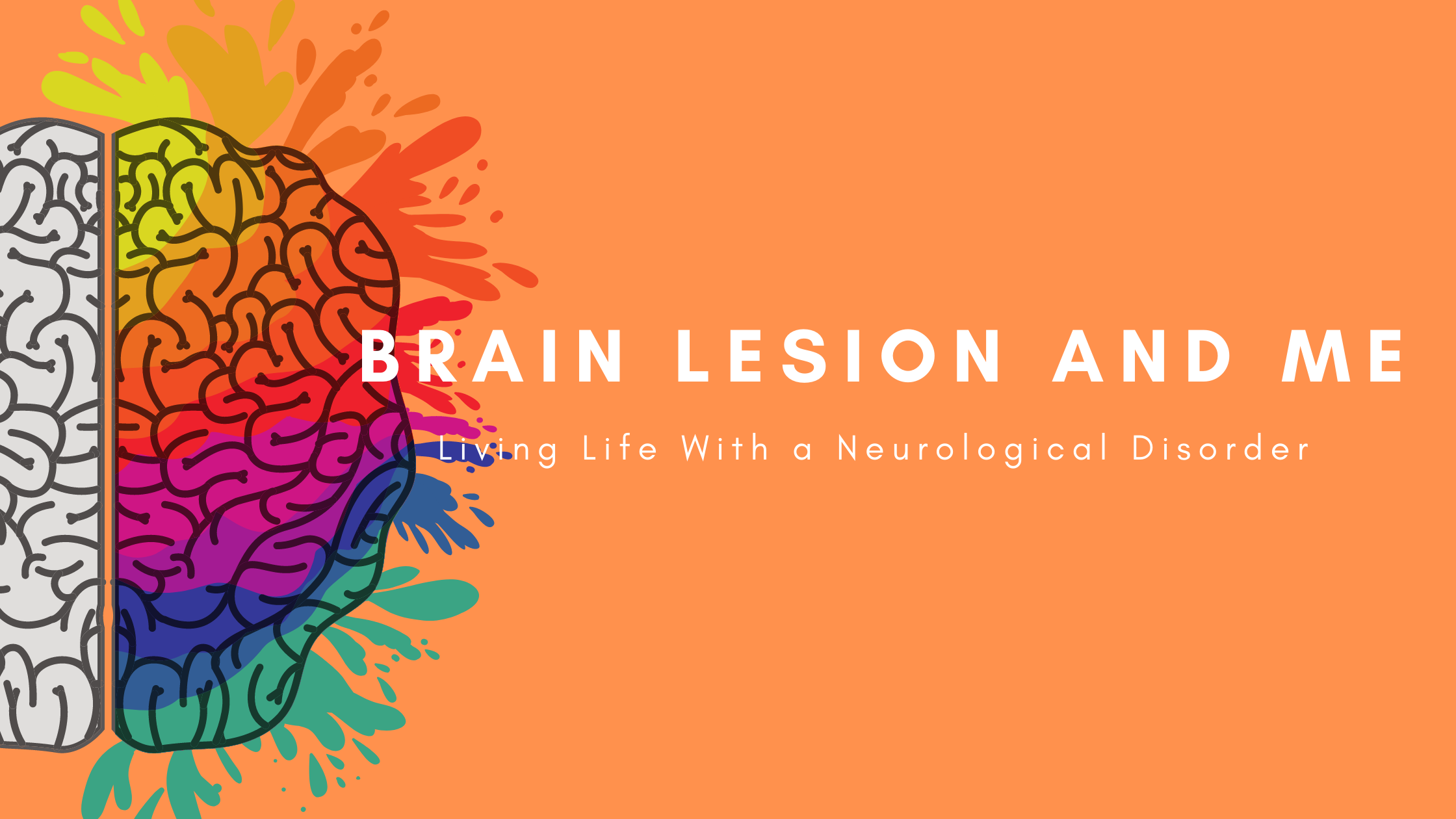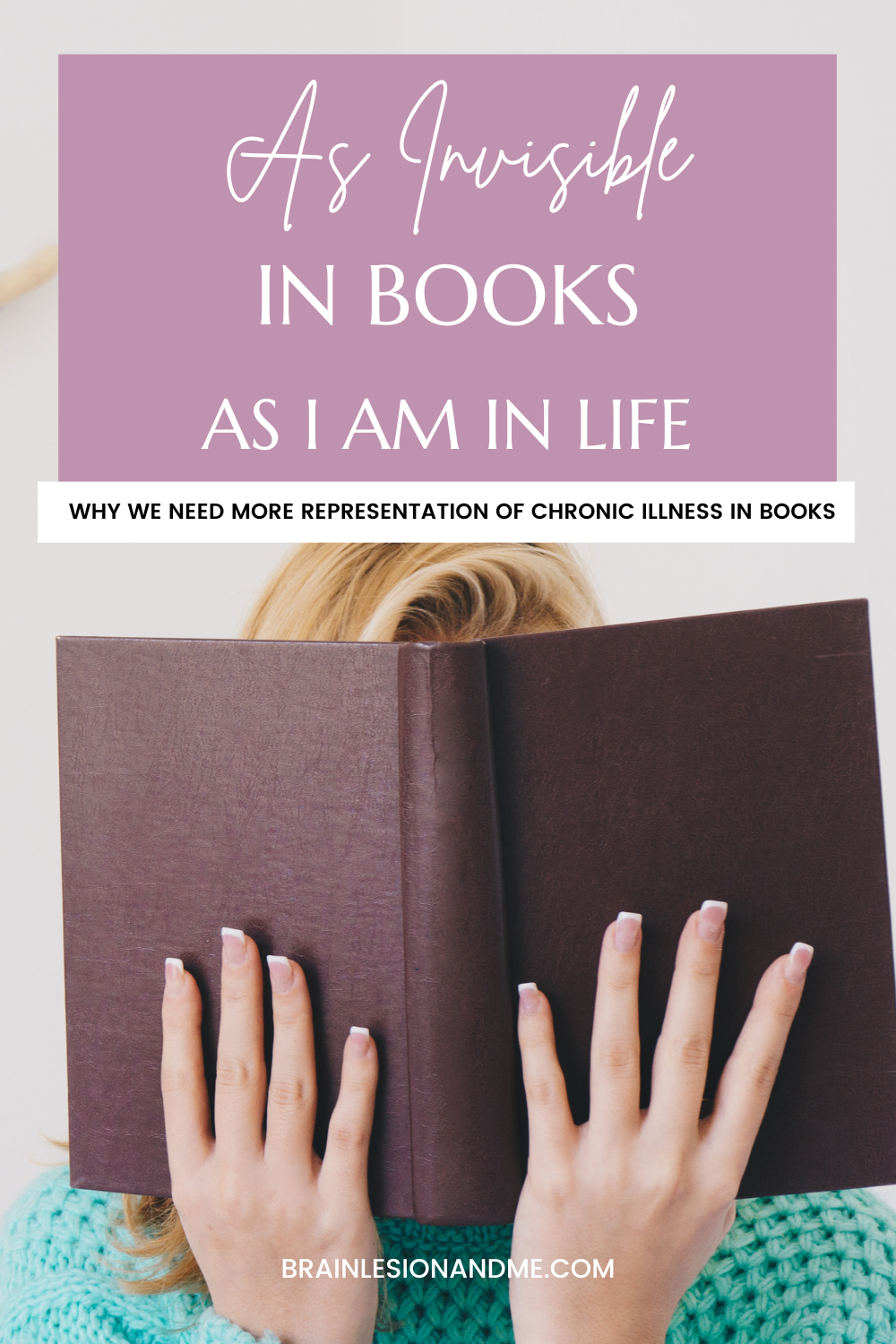HAWMC 2013 Day 2: Brain Stem Lesion? Here’s all you need to know…

Welcome to the Health Activist Writer’s Month Challenge brought together by WEGO Health – a social network for all health activists. Again, I am participating in the annual Writer’s Month Challenge in which I will be writing about my health activism and health condition based upon prompts given.
Today’s prompt is as follows:
Introduce your condition(s) to other Health Activists. What are 5 things you want them to know about your condition/your activism
For you all that are new to the blog and therefore to me – Welcome! My name is Rhiann and I am 27 years old living in a small town within South Wales (UK). The conditions which I live are a long-standing brain stem lesion and spastic paraparesis. Both are as a result of damage to the brain, in which I suffered at birth (or so the doctor thinks) however I was not diagnosed until I was 24!
The brain-stem lesion basically means that there is scarring on the brain stem. As a result of this, I live with constant dizziness with which I have suffered since I was approximately 8 years old, although it may have been before this age. As well as the constant dizziness, I also have episodes of vertigo (spinning sensations) and visual disturbances. The spastic paraparesis is connected with the brain stem lesion, and causes stiffness and weakness in the legs, and neuropathic pain. The difficulties I experience with my legs can result in a lot of falls, especially as they often give way on me. Lately, I have been experiencing episodic periods of numbness in my legs and cannot feel any sensation.
These are the 5 things that I would like to share with anyone new regarding my health condition/activism:
- My condition and the effects that it has on my life is for the most part invisible, and therefore it can be hard to accept that there is anything wrong. But there is – and although the symptoms cannot be seen, they still have a huge impact upon my life and am unable to do a lot because of it
- You are unable to compare one sufferer of a neurological to another – think of us all as snowflakes. Like snowflakes, each case is unique as and it is possible that mot all patients will exhibit the same set of symptoms. The types of symptoms and the severity of the symptoms both can vary widely from patient to patient.
- The condition is unpredictable – apart from the dizziness which is constant; many of the other symptoms can appear with no warning. Added to this, I as the symptoms are unpredictable, I never know how I am going I am going to feel from day-to-day, sometimes even minute-to-minute. Because of this it can be extremely difficult to make social plans with friends, as there is always a possibility that I will need to cancel
- Although symptoms can be unpredictable, I have however found that there are certain triggers that can exacerbate the severity of the symptoms. These include fatigue (a major factor that can increase the likelihood of symptoms occurring), the common trigger – stress! I have also found that the cold weather can really affect the spasticity in my legs, and so during the winter months I ensure that I really make sure my legs are warm when out, such as thermals underneath my clothes. In contrast the very hot weather can also increase the severity of the spasticity and other symptoms, and during the summer I have to make sure I drink plenty and stay in the shade as much as possible.
- There is no treatment or cure for my condition, yes, I take some medications, but they are only to try and control the symptoms that I experience (although I have had little success with them). The medications are for management of the symptoms rather than to treat the root cause – the damage has been done and unfortunately cannot be reversed. Due to this, the condition is life-long, and at times can be disabling; there are times when my legs are so weak that I cannot get out of bed, or the dizziness is so bad that I am falling over the place, and so just need to lie down on my bed and rest. The condition is also rare and so there is no real support for those like me (one of the reasons why I started the blog), and because the condition is such an enigma there is little research or literature on it, or no charity or organisation to provide support or advocacy – basically my condition is unknown.
In terms of my health activism I am on several different social networks. You can find me on



